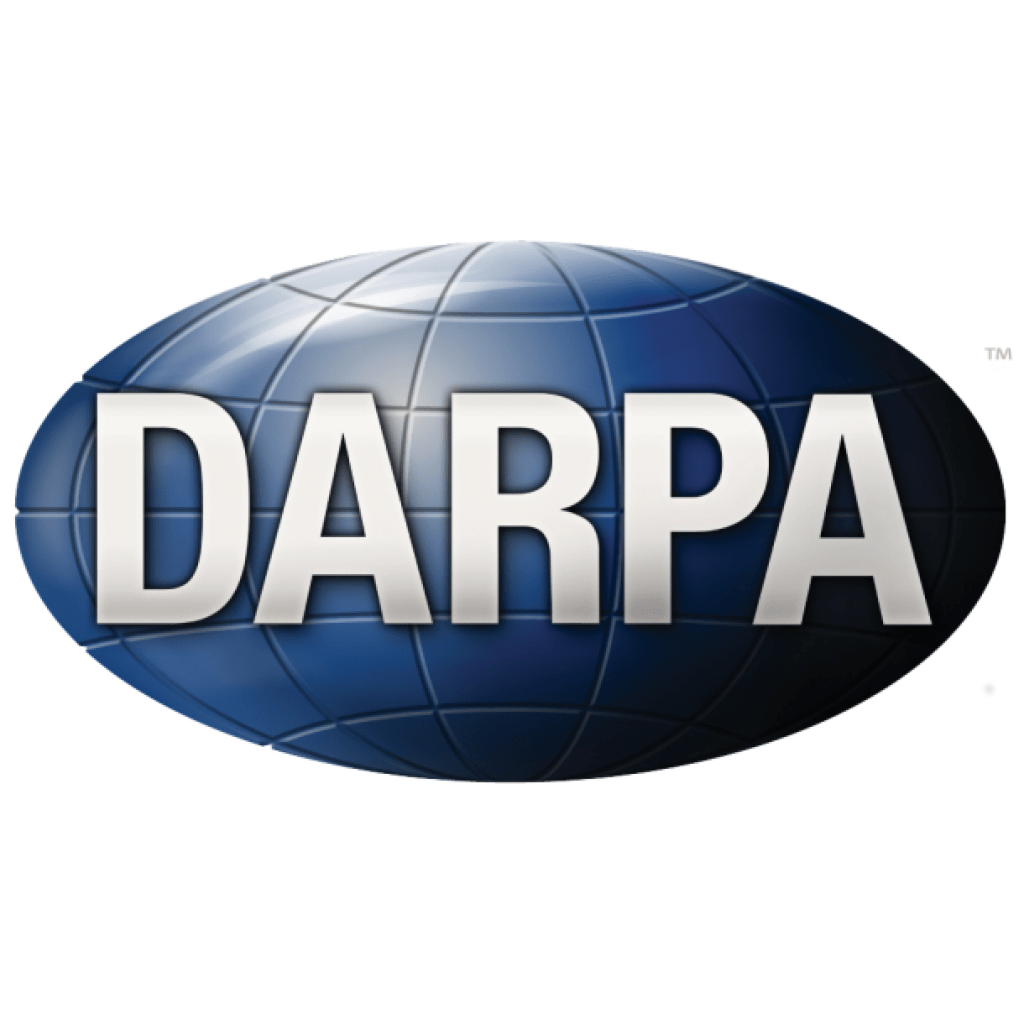(GCN.com) The Defense Advanced Research Projects Agency (DARPA) wants benchmarking information it can use to quantify the long-term utility of quantum computers.
The Quantum Benchmarking program has two main goals, according to an April 1 broad agency announcement from DARPA’s Defense Sciences Office. First, it aims to create new hardware-agnostic benchmarks that will measure progress addressing specific challenges where quantum computers will likely be needed, such as molecular simulation or materials discovery.
The plan for addressing this goal is to compile a large list of likely applications, group them according to the metrics or the mathematical operations that would be required for a successful solution. Researchers would then have to develop tests for all the metrics associated with a particular benchmark using classical computer or specially designed quantum systems.
Read Contract Opportunity Guidelines Here.
To develop the benchmarks, scientists must “quantify the gap between proposed quantum approaches and the existing best classical approach,” the BAA said. Identifying these gaps will require collaboration between quantum computing experts who understand the former and application-domain experts who understand the latter.
With that information, DARPA aims to develop “scalable, robust multi-dimensional benchmarks” for research and development of long-term, real-world applications and that can also provide robust, detailed debugging information.
The second goal involves creating tools for estimating what combination of quantum and classical hardware will produce a specific level of performance. The simplest tools would provide estimates showing how quantum computing delivers an exponential advantage over classical tools, DARPA said, but by the end of the program it wants estimates to address not only the number of resources required but also their specifications and configuration.
